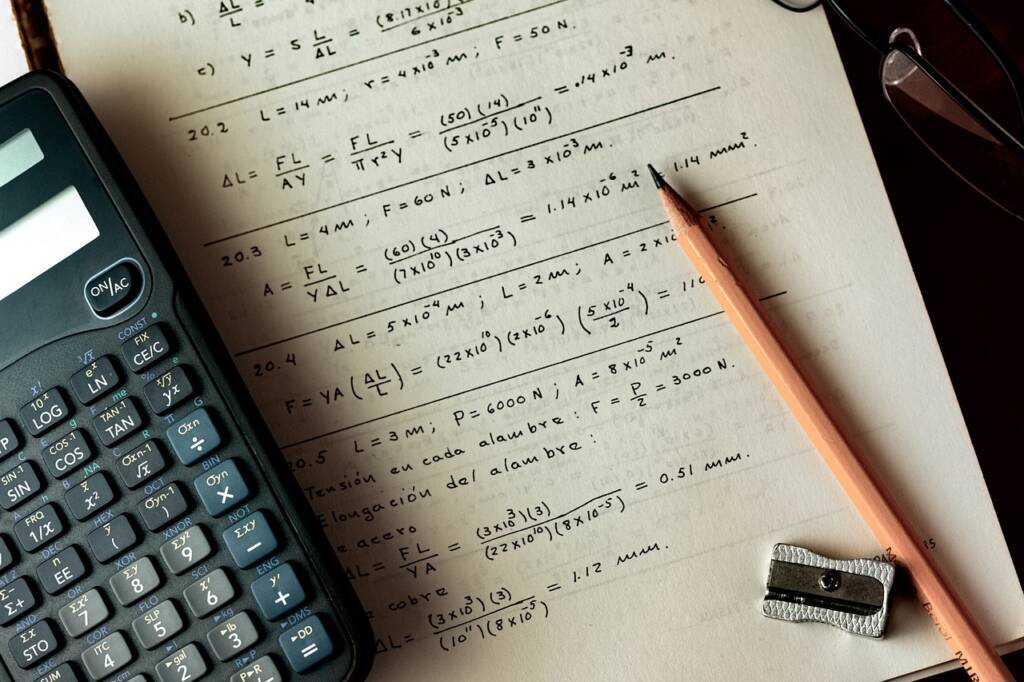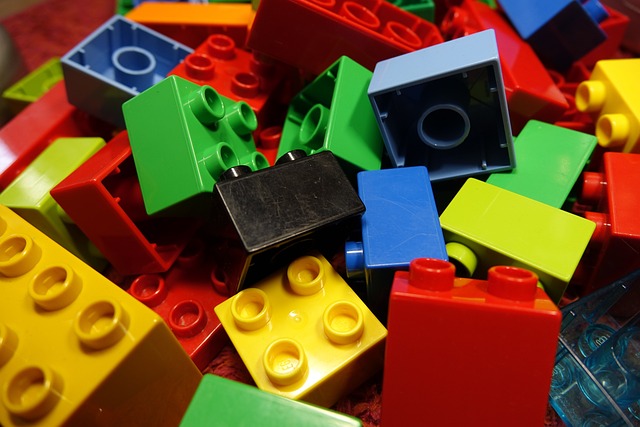
3D Modeling 1a

Heart valves, cars, cartoons, and buildings may not seem to have much in common, but they all share one spectacular attribute: all originated as a 3D model. 3D modeling has changed the way the world makes things, and in this course, you’ll learn the basics to begin creating in 3D! You’ll learn how different 3D models are built and how to practice using a variety of modeling methods. By the end of the course, you’ll walk away with a portfolio of your ingenious modeling ideas. 3D modeling is an essential part of the modern world and soon, you’ll be able to contribute yourself!
Major Topics and Concepts
Unit 1: Getting Started with 3D Modeling
Unit 2: The World of 3D Modeling
Unit 3: Basic Modeling Techniques
Unit 4: NURBS, Curves, and Surfaces
Unit 5: Polygon Modeling
Unit 6: Modifying a Mesh
Unit 7: Additional Modeling Techniques
Unit 8: Putting It All Together
Course Materials
Physical
Not compatible with Chromebook or Tablets
Art supplies
Digital camera
Ruler
Writing supplies
Software
Blender 3.6X LTS
ShareX (PC)
Word processing software
Other
Helper (2)
Optional
Audio recording device
Graphic design software
Presentation software
Competencies
3D Modeling Foundations
Students will demonstrate an understanding of 3D modeling foundations by describing real world applications of 3d modeling, explaining the Blender interface, and creating 3D objects in blender.
The Eras of 3D Modeling
Students will demonstrate an understanding of the eras of 3D modeling by explaining the development of 3d modeling, explaining the impact of 3D modeling on animation, and explaining the relationship between computer specifications and 3D modeling software.
3D Modeling Techniques
Students will demonstrate an understanding of 3D modeling techniques by explaining object manipulation in blender, describing mesh manipulation, and creating three-dimensional concept art.
NURBS Modeling
Students will demonstrate an understanding of NURBS modeling by comparing the advantages and disadvantages of NURBS modeling, explaining the use of curves to create NURBS models, and creating curved assets using NURBS.
Polygon Modeling
Students will demonstrate an understanding of polygon modeling by describing the process of extruding, implementing component loops, and explaining the Boolean modifier.
Mesh Modifiers
Students will demonstrate an understanding of mesh modifiers by explaining generate modifiers, explaining deform modifiers, and implementing the use of the knife tool in Blender.
Sculpting
Students will demonstrate an understanding of 3D sculpting by implementing Blender sculpting tools, comparing modeling and sculpting, and describing remeshing.
Portfolio Preparation of 3D Modeling Projects
Students will demonstrate an understanding of portfolio preparation of 3D modeling projects by implementing file organization, explaining 3D model staging, and explaining the publishing of blender images.

